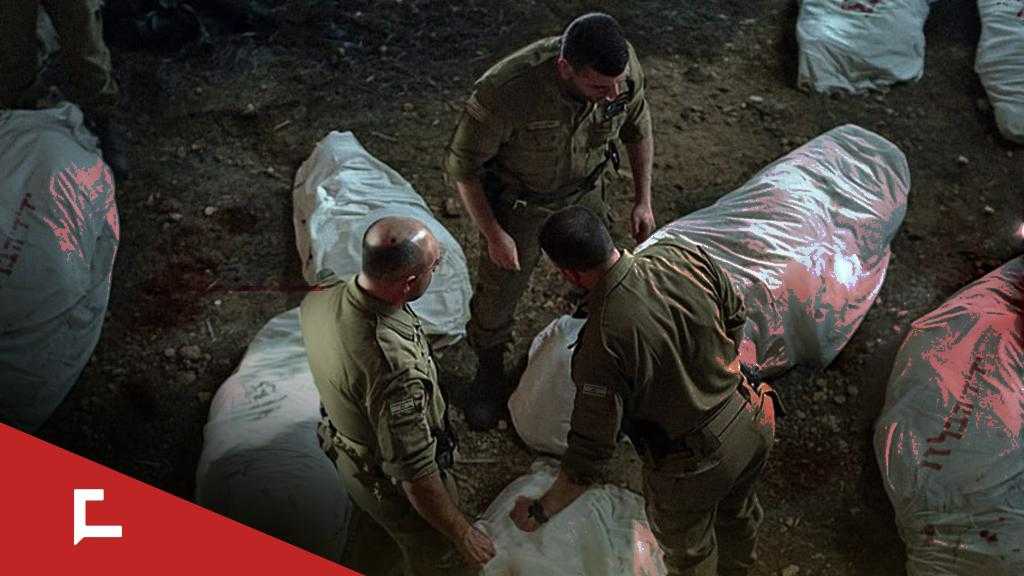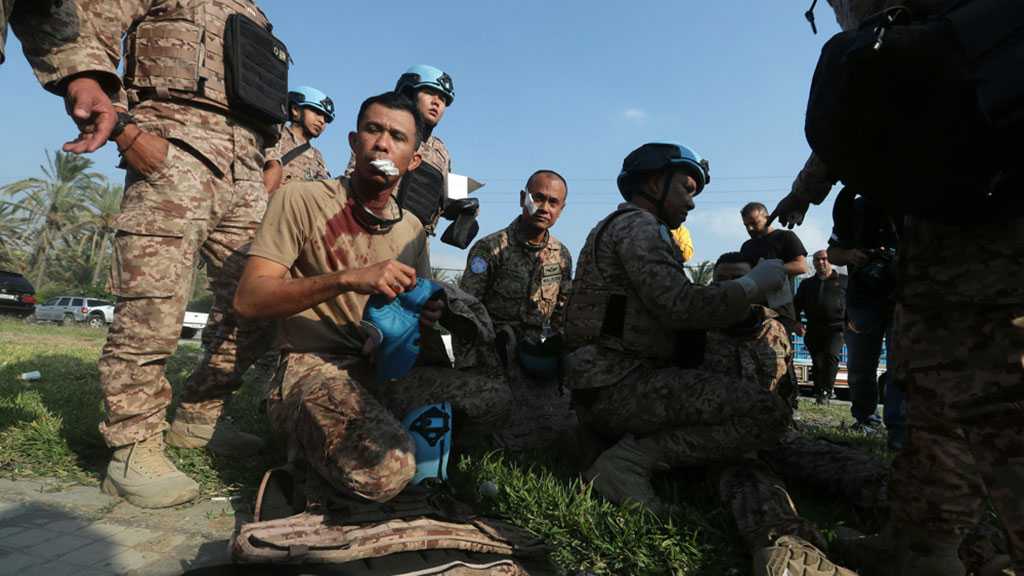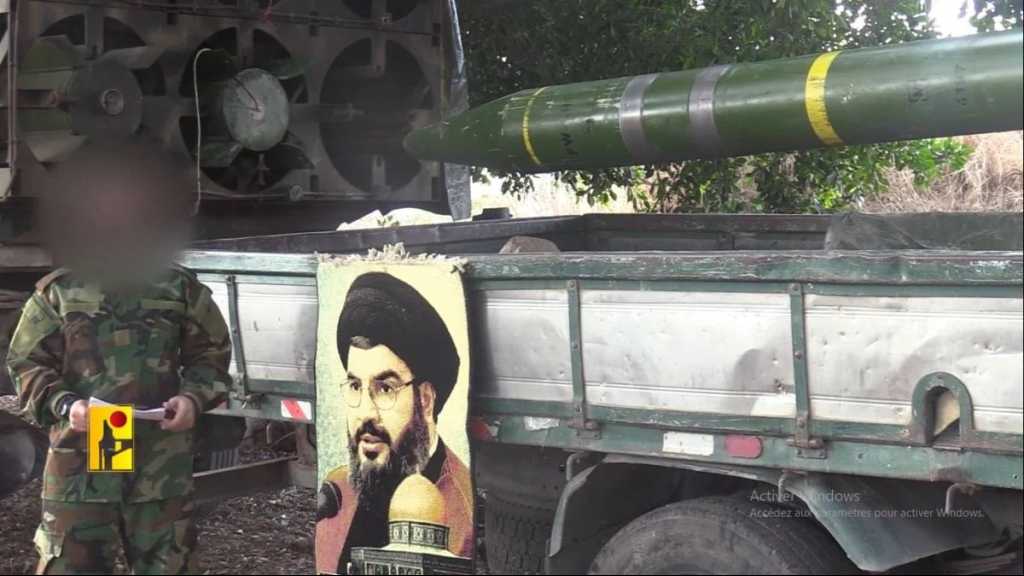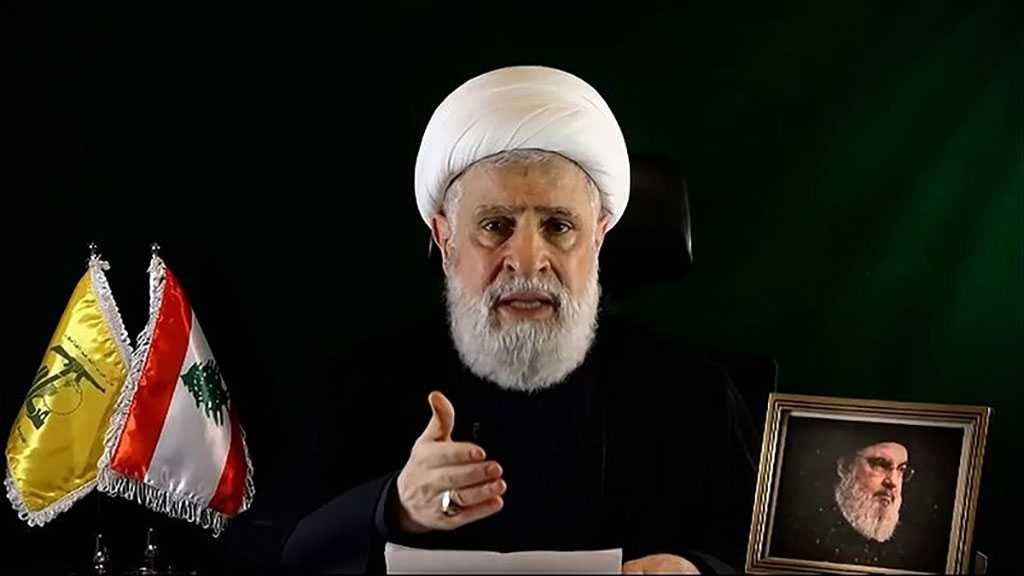Hizbullah΄s successful prisoner swap promotes armed struggle

Source: IRIN News.org, 22-7-2008
NAQOURA: Hizbullah's claim to victory over "Israel" in its July 16 prisoner swap undermines moderate Arab states and leaders, and may encourage armed struggle across the region at a time of upheaval in the relations between the West and the Middle East, a number of observers have said.
"This sends a very dangerous message that "Israel" only makes concessions if you use violence against it," said Amal Saad Ghorayeb, an expert on Hizbullah , the Lebanese Shiite political party. "The exchange has also laid bare that, in Lebanon at least, national power is not in the hands of the state, but with a non-state actor."
Speaking to a crowd of thousands of ecstatic supporters in the southern suburbs of Beirut on July 16, Hizbullah leader Sayyed Hassan Nasrallah, making his first public appearance in a year, said the release of Samir Kintar and four Hizbullah fighters marked the dawn of a new era.
"The era of defeats has ended and now we embark on an era of victories," said Nasrallah, who has become a revered leader - in a region beset by corrupt and ineffectual politicians - since Hizbullah fighters drove "Israeli" forces out of Lebanon in 2000.
An overwhelmed looking Kintar, jailed for nearly 30 years in "Israel" for the murder of three "Israelis" during a 1979 raid, told the crowd he had "returned from Palestine, only to return back to Palestine" and said he looked forward to the destruction of "Israel".
"The resistance has turned into a power that will never be defeated," said Kintar, an icon of armed struggle in the Arab world, but reviled in "Israel" for allegedly bludgeoning a 4-year-old girl to death.
"The resistance's weapons have become a culture that will build a country of resistance. This is the culture of the next generation that will fulfill our dream to destroy this oppressive entity."
Ahmad Moussalli, professor of political science at the American University of Beirut (AUB), said Hizbullah now represented a regional fighting force whose integration into the Lebanese state security services could only come from a regional settlement.
"Hizbullah is bigger than Lebanon and the issue of its weapons can now only be dealt with through a regional settlement to the Arab-"Israeli" conflict," said Moussalli.
In scenes unthinkable just two months ago when a threatened crackdown on Hizbullah by the US-backed government brought the country to the brink of civil war, Prime Minister Fouad Siniora stood at Beirut's military airport shoulder to shoulder with Naim Qassem, Hizbullah's deputy leader, to greet Kintar and the four Hizbullah fighters captured during the summer 2006 war with "Israel".
"Israel" launched the July-August 2006 war in response to a cross-border raid by Hizbullah fighters who captured two "Israeli" soldiers, whose bodies were returned to "Israel" in the July 16 exchange.
"Israel's" aerial strikes of South Lebanon and Beirut's southern suburbs killed 1,200 Lebanese, mainly civilians. Also killed were 157 "Israeli"s, mostly soldiers who invaded South Lebanon.
The prisoner exchange also included the return to Lebanon of seven dead Hizbullah fighters and the remains of Dalal Mughrabi, a famous female Palestinian fighter, and four of her team who died in a 1978 raid into "Israel".
Nearly 200 other bodies of Lebanese and Palestinians, as well as militants from Tunisia to Yemen, captured or killed fighting "Israel" between the 1970s and 2000 were also returned to Lebanon, underlining Hizbullah's credibility as a regional force.
A poll of nearly 4,000 non-Palestinian Arab respondents in Egypt, Saudi Arabia, Lebanon, Morocco, Jordan and the United Arab Emirates, published on July 16 by the Brookings Institution in Washington, found Nasrallah to be the most admired leader by Sunni and Shiite Muslims, as well as members of other faiths.
Some observers saw Hizbullah's successful deal-making with "Israel" as a major blow to moderate Arab leaders, such as Palestinian President Mahmoud Abbas, who is pursuing failing US-backed peace talks with "Israel". "Peace talks have led to nothing tangible, but force has," said AUB's Moussalli. "There is a mood among the new generation that "Israel" can be taken on and defeated. Islamist movements will see their recruitment increase."
Hamas, the Palestinian Islamic movement controlling Gaza, said the Hizbullah deal strengthened its own hand in demanding freedom for hundreds of Palestinian prisoners in exchange for the release of "Israeli" soldier Gilad Shalit, captured by the group in June 2006.
Bassam Kintar, Samir's brother, told IRIN the prisoner exchange would boost the credibility of armed resistance across the region. "This exchange will raise the big question: Is resistance a way to liberate land, to secure sovereignty and, at least in Palestine, to negotiate with some power in your hands in order to reach your goals? The answer is yes."
NAQOURA: Hizbullah's claim to victory over "Israel" in its July 16 prisoner swap undermines moderate Arab states and leaders, and may encourage armed struggle across the region at a time of upheaval in the relations between the West and the Middle East, a number of observers have said.
"This sends a very dangerous message that "Israel" only makes concessions if you use violence against it," said Amal Saad Ghorayeb, an expert on Hizbullah , the Lebanese Shiite political party. "The exchange has also laid bare that, in Lebanon at least, national power is not in the hands of the state, but with a non-state actor."
Speaking to a crowd of thousands of ecstatic supporters in the southern suburbs of Beirut on July 16, Hizbullah leader Sayyed Hassan Nasrallah, making his first public appearance in a year, said the release of Samir Kintar and four Hizbullah fighters marked the dawn of a new era.
"The era of defeats has ended and now we embark on an era of victories," said Nasrallah, who has become a revered leader - in a region beset by corrupt and ineffectual politicians - since Hizbullah fighters drove "Israeli" forces out of Lebanon in 2000.
An overwhelmed looking Kintar, jailed for nearly 30 years in "Israel" for the murder of three "Israelis" during a 1979 raid, told the crowd he had "returned from Palestine, only to return back to Palestine" and said he looked forward to the destruction of "Israel".
"The resistance has turned into a power that will never be defeated," said Kintar, an icon of armed struggle in the Arab world, but reviled in "Israel" for allegedly bludgeoning a 4-year-old girl to death.
"The resistance's weapons have become a culture that will build a country of resistance. This is the culture of the next generation that will fulfill our dream to destroy this oppressive entity."
Ahmad Moussalli, professor of political science at the American University of Beirut (AUB), said Hizbullah now represented a regional fighting force whose integration into the Lebanese state security services could only come from a regional settlement.
"Hizbullah is bigger than Lebanon and the issue of its weapons can now only be dealt with through a regional settlement to the Arab-"Israeli" conflict," said Moussalli.
In scenes unthinkable just two months ago when a threatened crackdown on Hizbullah by the US-backed government brought the country to the brink of civil war, Prime Minister Fouad Siniora stood at Beirut's military airport shoulder to shoulder with Naim Qassem, Hizbullah's deputy leader, to greet Kintar and the four Hizbullah fighters captured during the summer 2006 war with "Israel".
"Israel" launched the July-August 2006 war in response to a cross-border raid by Hizbullah fighters who captured two "Israeli" soldiers, whose bodies were returned to "Israel" in the July 16 exchange.
"Israel's" aerial strikes of South Lebanon and Beirut's southern suburbs killed 1,200 Lebanese, mainly civilians. Also killed were 157 "Israeli"s, mostly soldiers who invaded South Lebanon.
The prisoner exchange also included the return to Lebanon of seven dead Hizbullah fighters and the remains of Dalal Mughrabi, a famous female Palestinian fighter, and four of her team who died in a 1978 raid into "Israel".
Nearly 200 other bodies of Lebanese and Palestinians, as well as militants from Tunisia to Yemen, captured or killed fighting "Israel" between the 1970s and 2000 were also returned to Lebanon, underlining Hizbullah's credibility as a regional force.
A poll of nearly 4,000 non-Palestinian Arab respondents in Egypt, Saudi Arabia, Lebanon, Morocco, Jordan and the United Arab Emirates, published on July 16 by the Brookings Institution in Washington, found Nasrallah to be the most admired leader by Sunni and Shiite Muslims, as well as members of other faiths.
Some observers saw Hizbullah's successful deal-making with "Israel" as a major blow to moderate Arab leaders, such as Palestinian President Mahmoud Abbas, who is pursuing failing US-backed peace talks with "Israel". "Peace talks have led to nothing tangible, but force has," said AUB's Moussalli. "There is a mood among the new generation that "Israel" can be taken on and defeated. Islamist movements will see their recruitment increase."
Hamas, the Palestinian Islamic movement controlling Gaza, said the Hizbullah deal strengthened its own hand in demanding freedom for hundreds of Palestinian prisoners in exchange for the release of "Israeli" soldier Gilad Shalit, captured by the group in June 2006.
Bassam Kintar, Samir's brother, told IRIN the prisoner exchange would boost the credibility of armed resistance across the region. "This exchange will raise the big question: Is resistance a way to liberate land, to secure sovereignty and, at least in Palestine, to negotiate with some power in your hands in order to reach your goals? The answer is yes."
Comments




